Mangaluru, Feb 17: Speakers at the Popular Front Day held today at Nehru Maidan in the heart of this coastal city took on the union government for what many of them termed “saffronization of the ‘system’ and massacre of the democracy in the country.
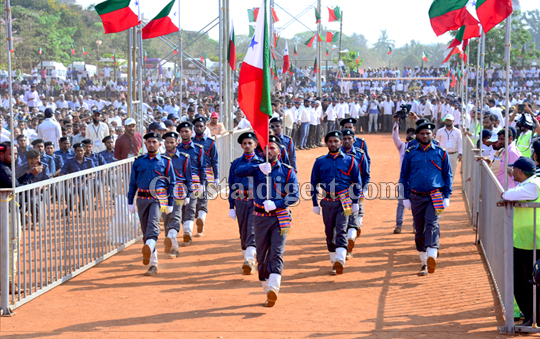
The event was organised to mark the decennial celebration of the Popular Front of India. Thousands of people, a majority of them youth, took part in the programme. A ‘unity march’ was also held ahead of the stage programme.
Delivering the keynote address, KM Shareef, former national president of PFI, urged the people to wake up before the judiciary is completely saffronized. “The saffronization of judiciary has already started. It is time for you to wake up and stop it,” he said.
He said that since its inception PFI fought for the rights of oppressed classes including dalits and minorities and will continue its effort to bring a social revolution in the country against all odds. He said that his organization indents to weed out communalism and fascism from the country.
Accusing Prime Minister Narendra Modi of trying to become a dictator, Mr Shareef said that the former has mocked all the values practiced by the father of the nation.
Dubbing BJP’s slogans of ‘nationalism’ as fake, he said that Mr Modi hailed from an organisation which seldom showed any respect to the national anthem or national flag in the past.
Recalling the birth of PFI following an empowerment rally organised at?Palace Grounds in Bengaluru in 1997, Shareef said they had vowed to build a society with equal freedom and justice to all, without compromising with anybody.
The influence of communalism has been far-reaching beginning from pre-independence era. It gained pace from 1993 with attempts being made to saffronise the citadel of the society that includes legislative and judiciary, he observed.
Shareef also fulminated demonetisation of high-value currency notes in the name of fight against black money.?It has eventually overburdened common people, he criticised.
Social activist Yogesh Master complimented the cadre for keeping the spirit of movement alive, despite of change in venue of the programme from?Ullal to Nehru Ground.
Human Rights activist Abdul Majeed Qasimi, Social Democratic Party of India (SDPI) state president Abdul Hannan, Samaja Parivartana Vedike president Dheeman Deekayya, PFI state secretary Ibrahim Majeed Thumbay, Muslim Central Committee?(Dakshina Kannada district) vice president Haji Hameed Kandak and other leaders were among those present on the occasion.
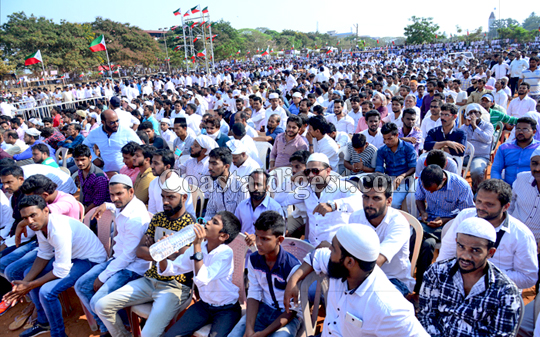
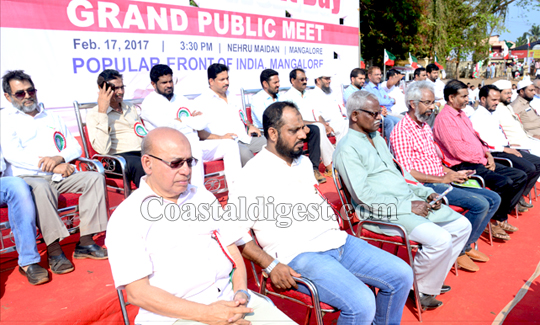
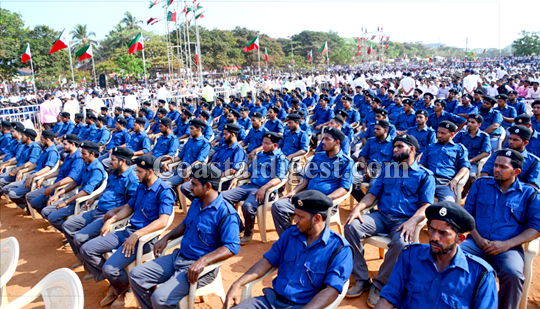
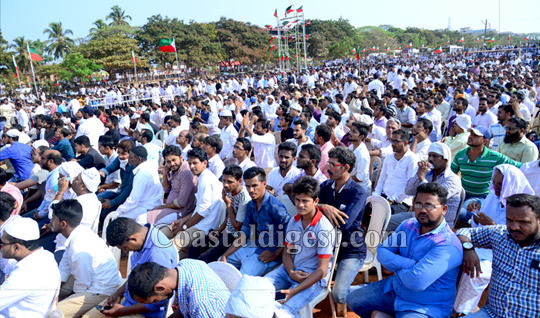
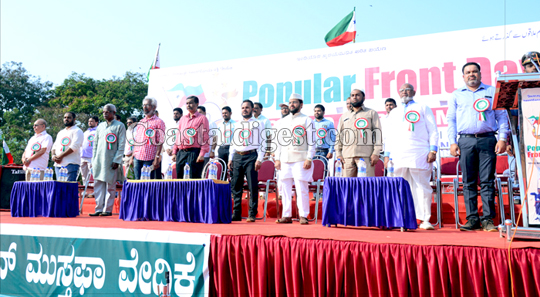
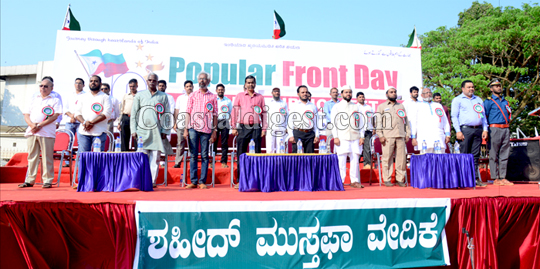
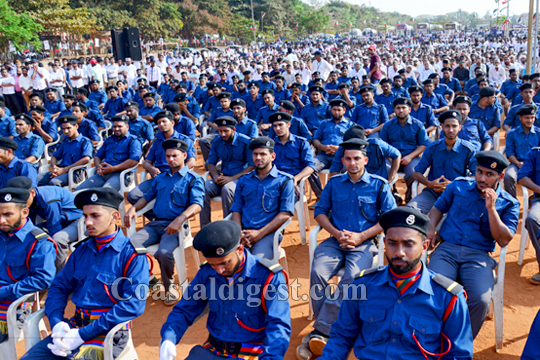
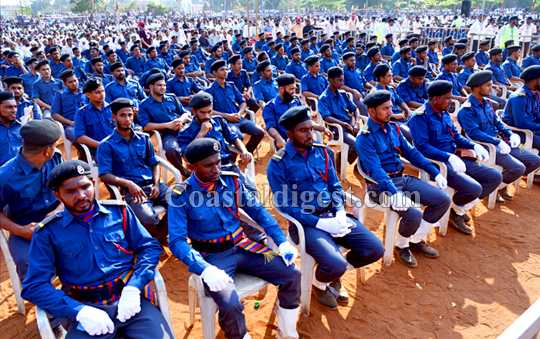
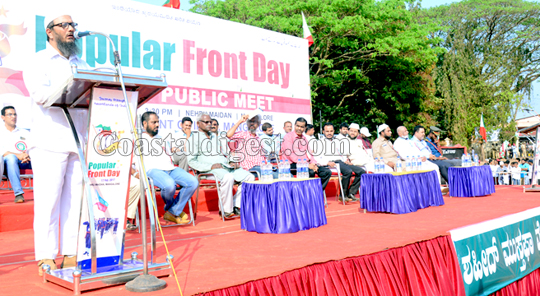
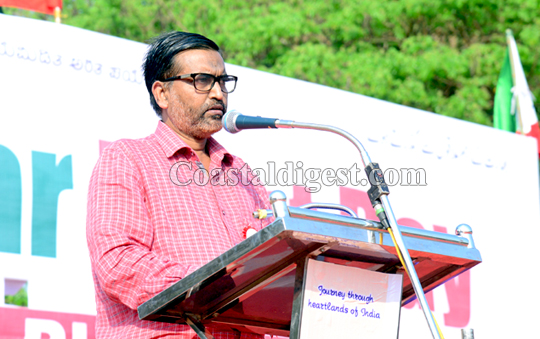
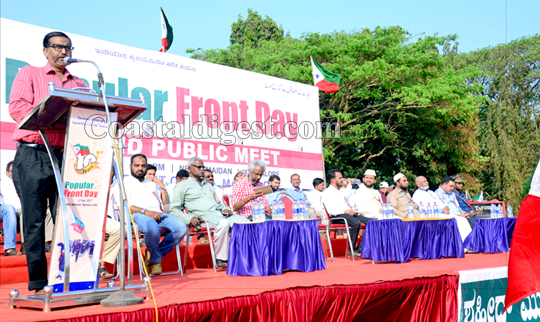
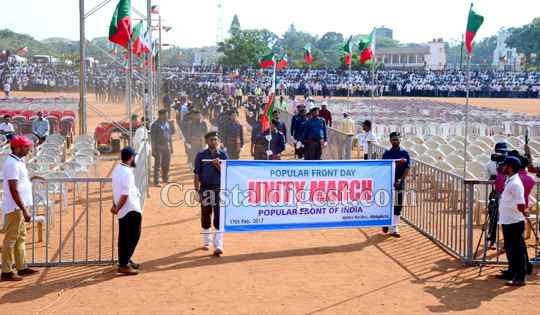
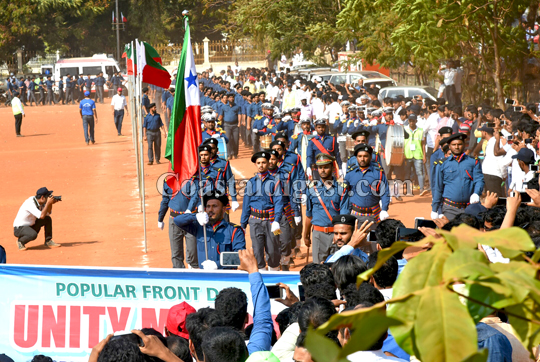
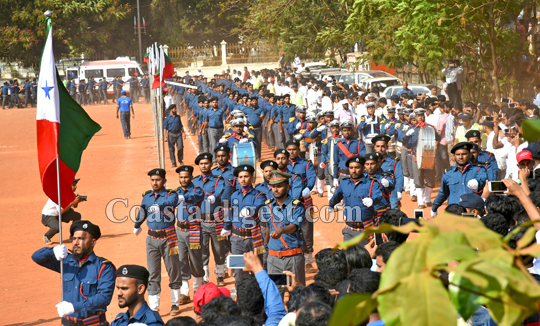
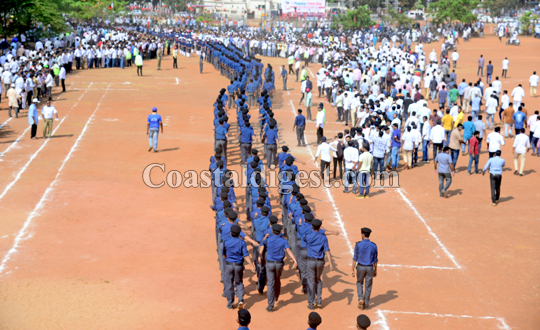
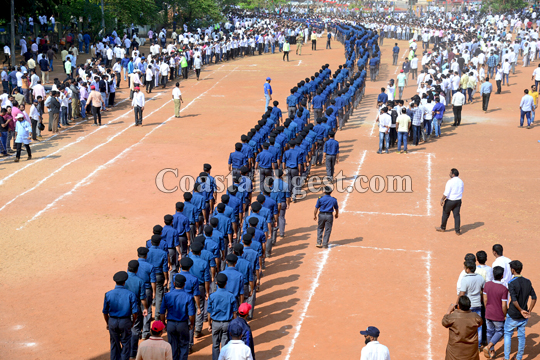
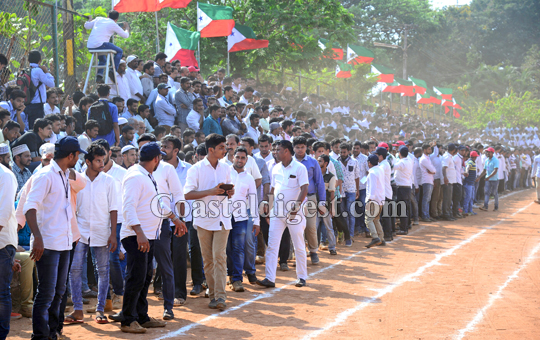
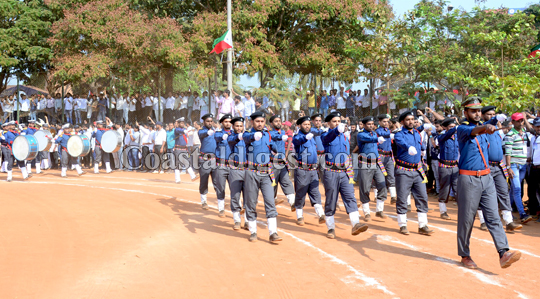

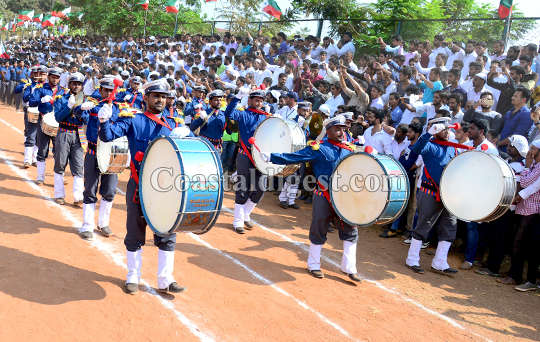
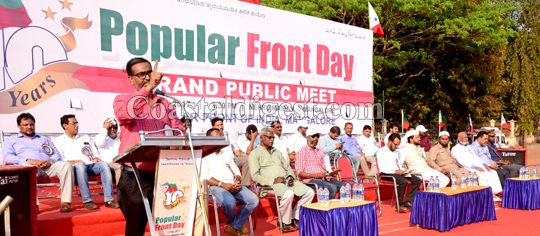
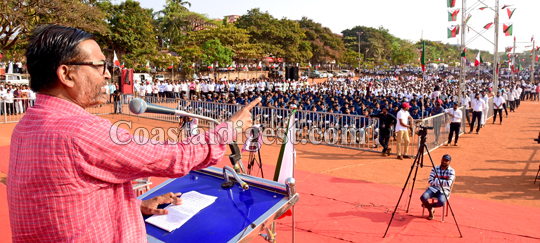




Comments
sadhya obba gand maaro antha halalilla hahaha ... see kactho avashya kathene illa ... mirchi ittu maja togollode nam passion ... even though u say ignore this guy , indirectly u r giving me imprtance and 100% madrasa product aada ninge mirchi ittange aagide , frustraion visible man .. muah ... i like it ilike it ... hogu maga chill beer haaki gand maaro :)
Narianna nige puku puku agee, hotte yalli tumba nowagta ide.
Bhrahmana ottige iddu ade buddi kalisi kottidare.
E narianna nige, joru orita ide. ade 2 points heli Udda prabhanda barediddaney.
Barnol hacchiko appa. Ninninda agalla
These are the people who desire death more ardently than social evils desire their life.
No tracks required, no comparison.
Keep it up PFI
Masha Allah, Nice program. thanks CD for good coverage.
Good coverage.. good gathering.. Great.. Keep it up..
Bogoluwa Naayi Kacchu dilla.. Ade thara illobba bogaltha iruthaney.. So guys chil maro and ignore such barkers.!
Nice pictures...all secular people must b united for save our democracy
We want honest India, Really appreciate these people doing good work to bring success for democracy instead of corrupt fake people
sure they will do good.
howdu kanappa azeeza ,Hitler kaala dalle azeeza huttidda , agle kabbaddi adthidda ... sumne koorappa :) , Hitler never believed in collective decision . he was dictator boss . hogappa ammi's biryani batting maadu .. hogappa kanda
Jai PFi
Masha Allah Very Good Program...
Abraar...its very good that you left PFI...coz there is no place coward in PFI...
Well Done P.OP.U.L.A.R F.R.O.N.T O.F I.N.D.I.A
Down Down R.S.S of ISRAEL
JAI PFI JAI HO JAI HINDUSTAN
Anna Naren.........HITLER kooda ide tara mathnadtha idda....... avna avasthe kanake neen huttirlilla......................
Masha allah..well organised and disciplined Programe..keep it up brothers.....
Very disciplined and impressive March.
Even though the permission was denied at Ullal in the last movement, the organizers did not bend and took permission at the heart of the city and made the program huge success.
Truly, appreciated your efforts.
What narendra said 90% correct. Same people will go every where and 50% crowd comes from kerala .I joined Pfi in 2008 and left within 2009.reason is simple .leaders are not capable to address real issues .empowerment is not baNd set movement .community must concentrate on uplifting up education level in our community and have community development plan .not on communal lines .you people are directly targeting rss and pm .it's unfair .even though Christian organisations don't like rss. They never indulge in direct confrontation. When u get into direct confrontation then real problem arise. Innocents will suffer with this type of act sir .no educated will support this type of movement which drives people towards extremism. I suggest boys participating is fine .but be careful about after affects .funders are based outside and Innocents suffer .shafi Bella re is the best example of brain wash .instead of this ..give importance for jobs and education in our community .when sdpi met Kumar swamiji it shows how immaturely we are handling.
WELL disciplined march, keep it up, we want honest democracy in our good Bharat, not fake people ,
honest India will flourish soon, irrespective of caste color and religion,
I support honest people
@ Naren.. its funny tht you are sitting in singapore and pi**ing in your pants...
Ma Sha Allah Well Organised And Disciplined Program
ee taraha march maadi saangh parivar na and israel na mugistivi andukondire adakkintha big joke bere illa .just two points here .
1.there is no discipline in the crowd .pics are visible .just see how people without discipline moving and also when there is a march going on track olagade barbardu ... yenu madakke agalla fish market buddhi sathru hogalla :)
2. regarding march , they are not local guys .where ever you go these guys will be there .same boys . few kl registration gaadi will come with all band sets .papa local boys ge dana kadiyo , ganja maaro kelasa bittu idennella kaliyakke agatha ? hahaha .no ways .moreover aa uniform bandu previously gulf na ondu country nalli police navru use maadtha idda uniform ... hahaha mostly sumne yaake investment antha container ge haaki togondu bandu madrasa products ge haaki march hodestha irodu ...nearly 75% of gatherers were from kerala .
3.any organisation with just support base of one religion cannot win in democratic form .sangh has nurturerd muslims , sikhs , jains , buddhists , cvhritsians in large nos .there are plenty of leaders .. bari march inda nadiyalla swamy ...one of their top leader was a earlier simi member , simi needless to say how many indians they killed and raped .papa ... same summit ... few years back ... if modiji becomes PM , their community will become terrorists :) ...i still recall and laugh at ...
last but not the least rikacha answer me ... biryani kodlilla antha unform boys hodedaata madidranthe howda ? hahaha...
Masha Allah
Unity March towards good vision to eleminate fascism fekuism from Our secular India
Masha allah good to see . pfi u have done it hatts off.....
Add new comment